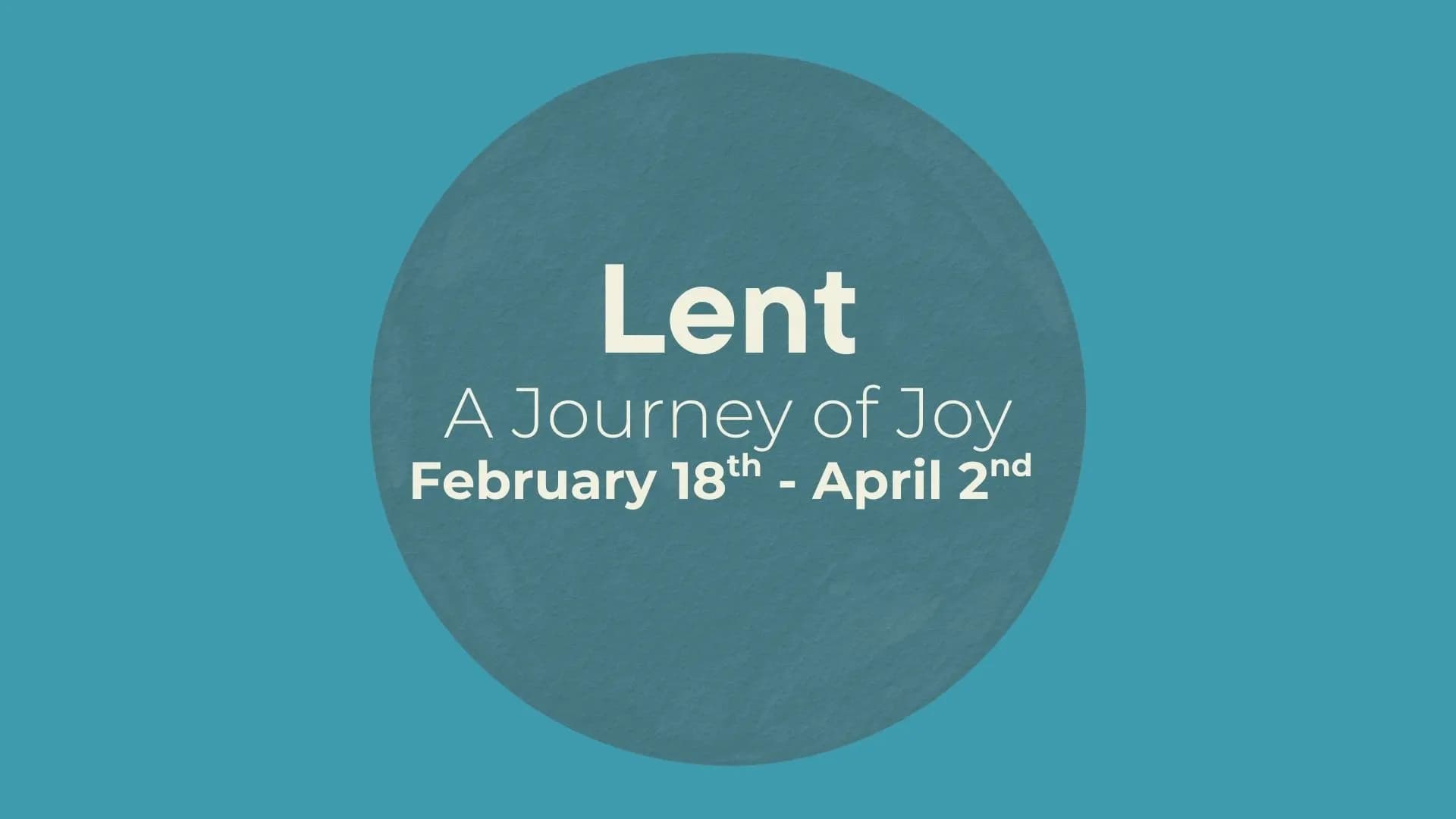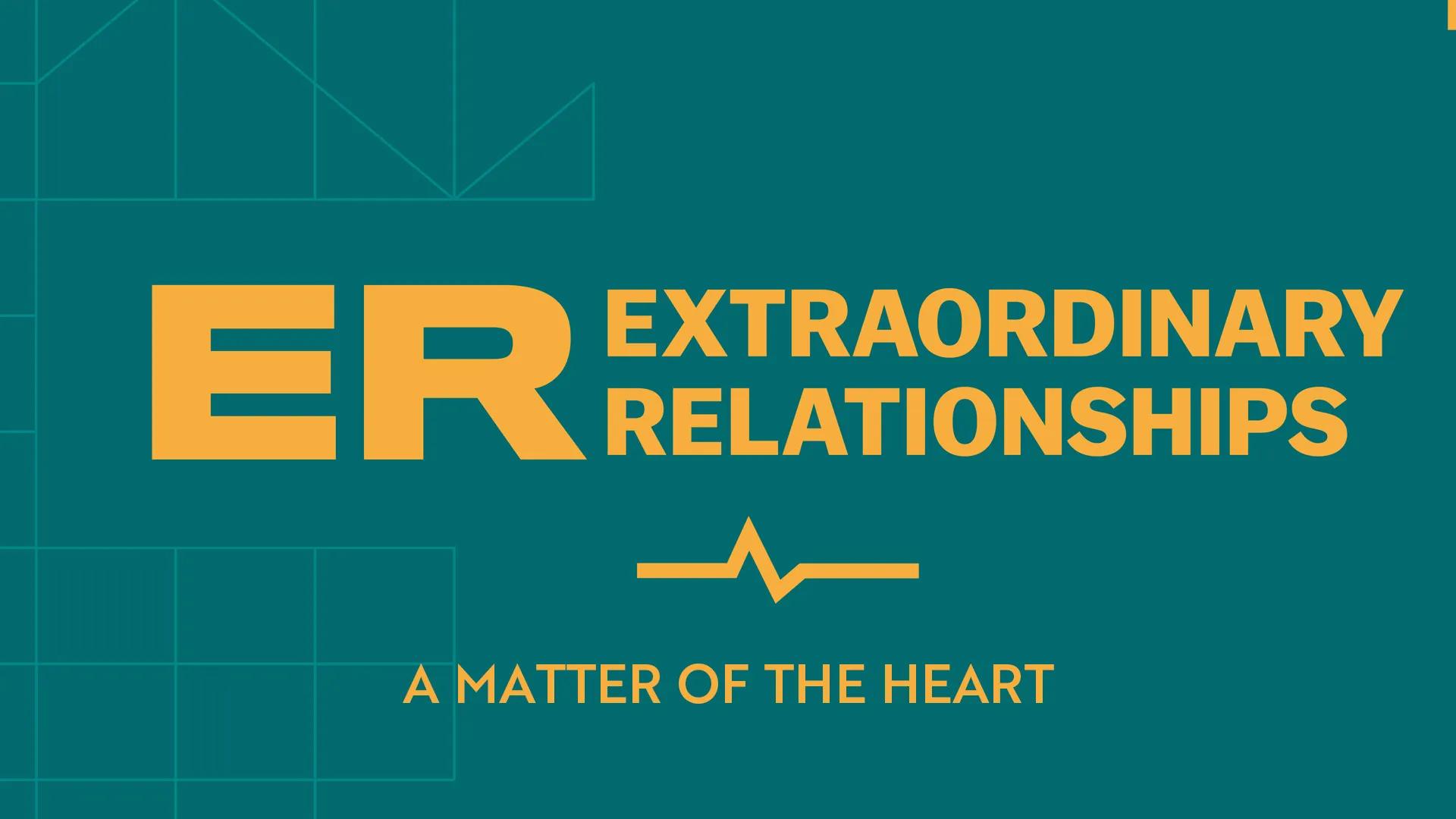What if your next act of generosity could transform not just someone else's life, but your own? That's exactly what happened when a simple meal bought for a homeless man became a divine appointment that changed everything.
God's heart for the poor isn't a minor theme in Scripture—it's emphasized in over 2,000 verses, far more than faith or prayer. Yet many of us struggle to understand how this applies to our comfortable modern lives. Through the powerful parable of the rich fool, Jesus challenges our culture's definition of success. This man, who built bigger barns to store his wealth and planned to "take life easy," is called a fool by Jesus. The villain in Jesus' story is our culture's hero.
What drives our relationship with money? For many, especially those who grew up with scarcity, it's not greed but fear—fear of not having enough, fear of poverty, fear of disaster. Jesus offers a radically different perspective: "Do not be afraid, little flock, for your Father has been pleased to give you the kingdom." This abundance mindset transformed the early church into a community where "there were no needy persons among them."
The early Christians practiced regular, intentional generosity toward those in need—not just with money but with time and relationship. This "financial promiscuity," as Tim Keller called it, created a revolutionary community in a Roman world where no moral values encouraged the rich to share with the poor.
How do we practice this kind of generosity when the poor are often invisible in our comfortable neighborhoods? Those in need are not objects of pity or projects to manage—they're brothers and sisters in Christ. Our goal isn't just to give resources but to create a new kind of family that blurs the lines between giver and receiver.











